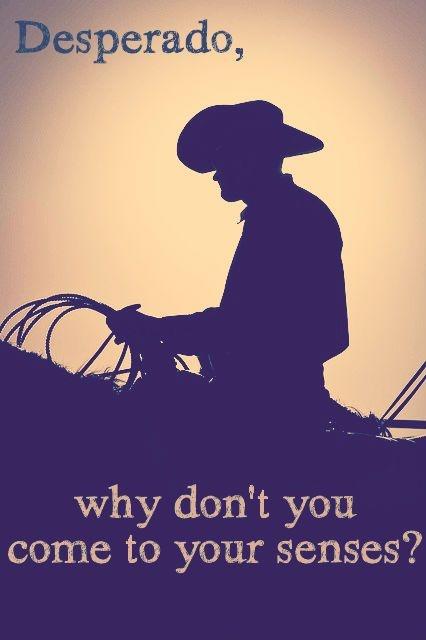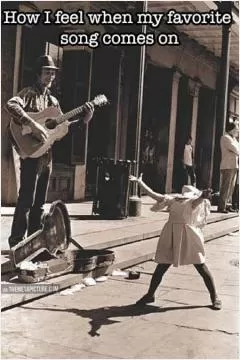Desperado, why don't you come to your senses?

Desperado, why don't you come to your senses?
"Desperado, why don't you come to your senses?" These haunting words open one of the most iconic songs in the history of music. Written by Don Henley and Glenn Frey of the Eagles, "Desperado" is a timeless ballad that tells the story of a lone outlaw who is urged to reconsider his reckless ways.The song's narrator pleads with the desperado to take a step back and reflect on his choices. The desperado is portrayed as a troubled soul, wandering through life with a sense of aimlessness and self-destruction. The narrator implores him to "come to your senses" and realize the consequences of his actions before it's too late.
The imagery in the song is vivid and evocative, painting a picture of a man on the edge of despair. The desperado is described as a "hard case" who is "out riding fences" and "running for the border." He is a man on the run, constantly seeking escape from his troubles but never finding true peace.
The chorus of the song is a powerful plea for the desperado to change his ways and find redemption. The narrator sings, "Oh, you ain't getting no younger, your pain and your hunger, they're driving you home." These words serve as a stark reminder of the desperado's mortality and the fleeting nature of life.
"Desperado" is a song that resonates with listeners on a deep emotional level. Its haunting melody and poignant lyrics speak to the universal themes of regret, redemption, and the search for meaning in a chaotic world. The desperado is a symbol of the human condition, struggling to find his place in a world that is often cruel and unforgiving.












 Friendship Quotes
Friendship Quotes Love Quotes
Love Quotes Life Quotes
Life Quotes Funny Quotes
Funny Quotes Motivational Quotes
Motivational Quotes Inspirational Quotes
Inspirational Quotes